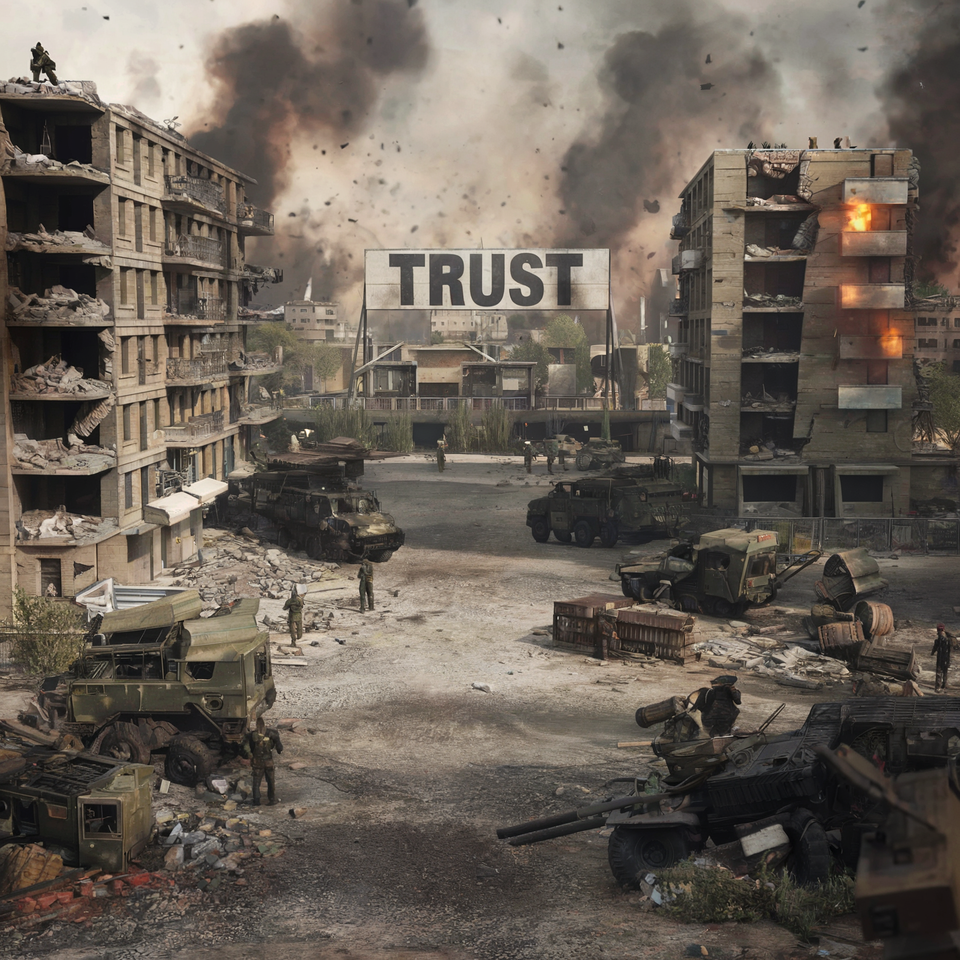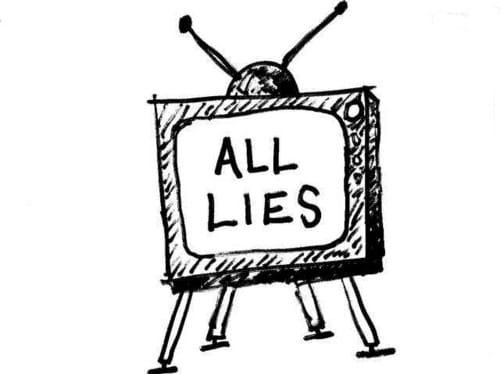The internet is rapidly becoming a war zone for trust. Freedom House's recent "Freedom on the Net 2024" report reveals a stark and troubling truth: states, corporations, and powerful entities are engaged in an all-out struggle to dominate and control online spaces. At the heart of this conflict lies trust—fragile, contested, and critical to authority. With online freedoms now declining for the 14th consecutive year, the critical question emerges: what type of authority will shape our digital future?
The report paints a grim picture—authoritarian regimes are weaponizing digital platforms to fortify their power. Surveillance, misinformation, and repression of dissent have become the norm. China, for example, has refined its "Great Firewall" into a sophisticated system that not only blocks content but also manipulates narratives to shape belief. In Iran, frequent internet shutdowns are used to quash protests, showing a government terrified of its own people and unwilling to be held accountable. These strategies reveal a type of authority that is inherently brittle—built on control, fear, and insecurity.
Real trust, however, cannot be coerced. It comes to life when those in power make themselves vulnerable—sharing information, admitting mistakes, and practicing accountability. Even under oppressive conditions, the report highlights how grassroots digital communities are building networks of trust. In Myanmar, for instance, activists have turned to encrypted messaging to organize and spread verified information, resisting the military junta's iron grip. These examples show that authority earned through transparency and openness is far more resilient than authority built on fear.
What does this mean for the future of authority? First, imposed authority that fails to earn trust will increasingly face resistance and skepticism. Trust online is fragile because it requires openness—it means inviting scrutiny, feedback, and genuine dialogue. Actors willing to embrace these values—civil society groups, open-source projects, and independent media—stand the best chance of creating resilient authority that can thrive.
The report also brings to light the crisis of trust that underpins the rise in surveillance and misinformation. These coercive tools are symptoms of an authority too afraid to be transparent, to admit errors, and to open itself to scrutiny. The more governments and corporations lean on these methods, the more they expose their fragility and desperation.
Yet, there is hope. Decentralized communities and open digital networks demonstrate that authority can be built on transparency, empathy, and competence. These communities are not free from mistakes, but their strength lies in their adaptability and collective resilience. They offer a model of authority that is nurtured by shared responsibility, mutual trust, and authentic relationships.
For those of us envisioning a future that moves away from centralized, coercive power structures, this is a crucial moment. The struggle for trust is a struggle for a different vision of authority—one rooted in community, vulnerability, and shared purpose.
The internet still holds the potential to foster genuine community and collective governance, but realizing this vision will require rejecting coercive tactics and embracing systems that value transparency, care, and well-being. Freedom House's report makes one thing clear: the fight for freedom online is, at its core, a fight for the very essence of authority itself.


